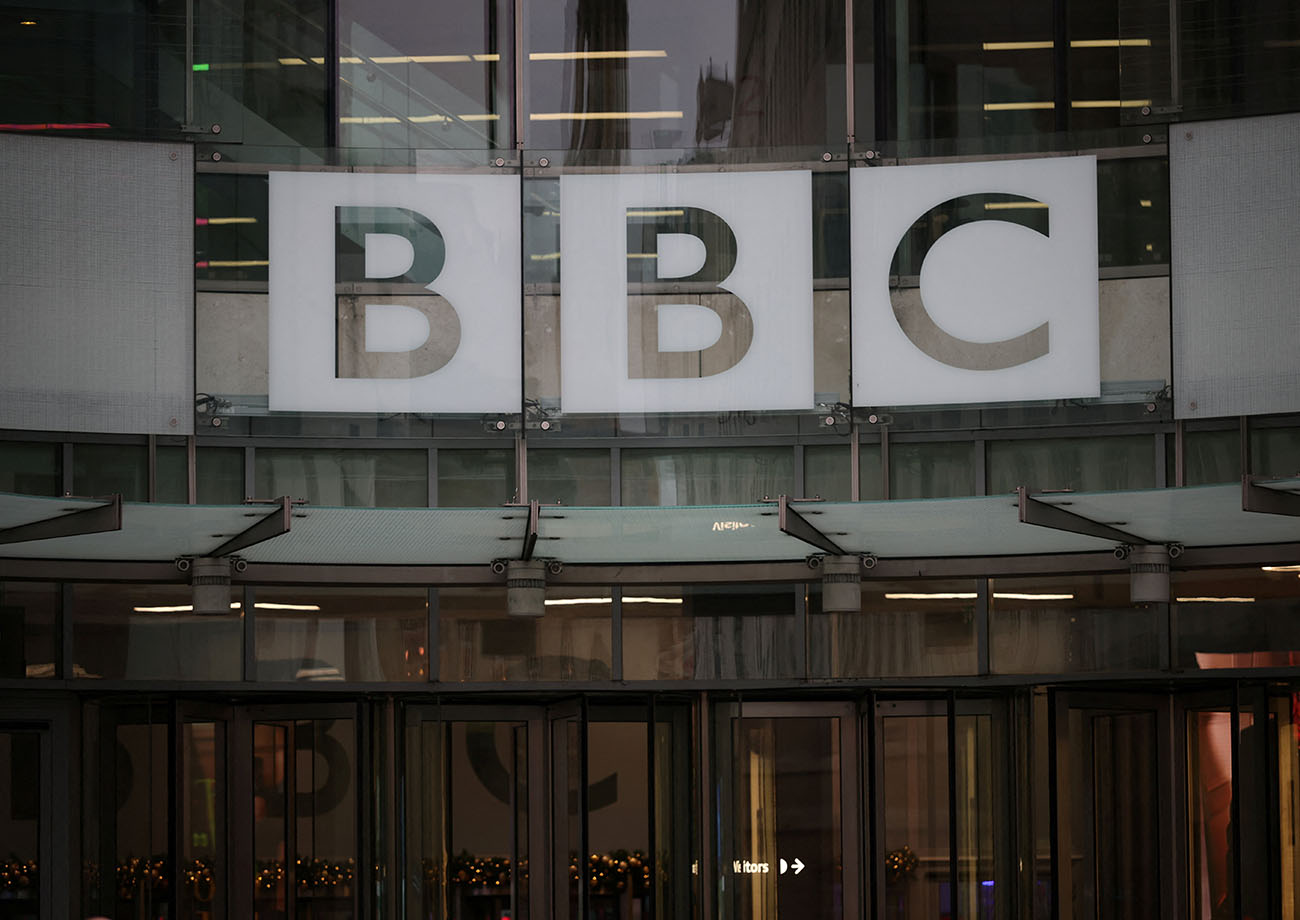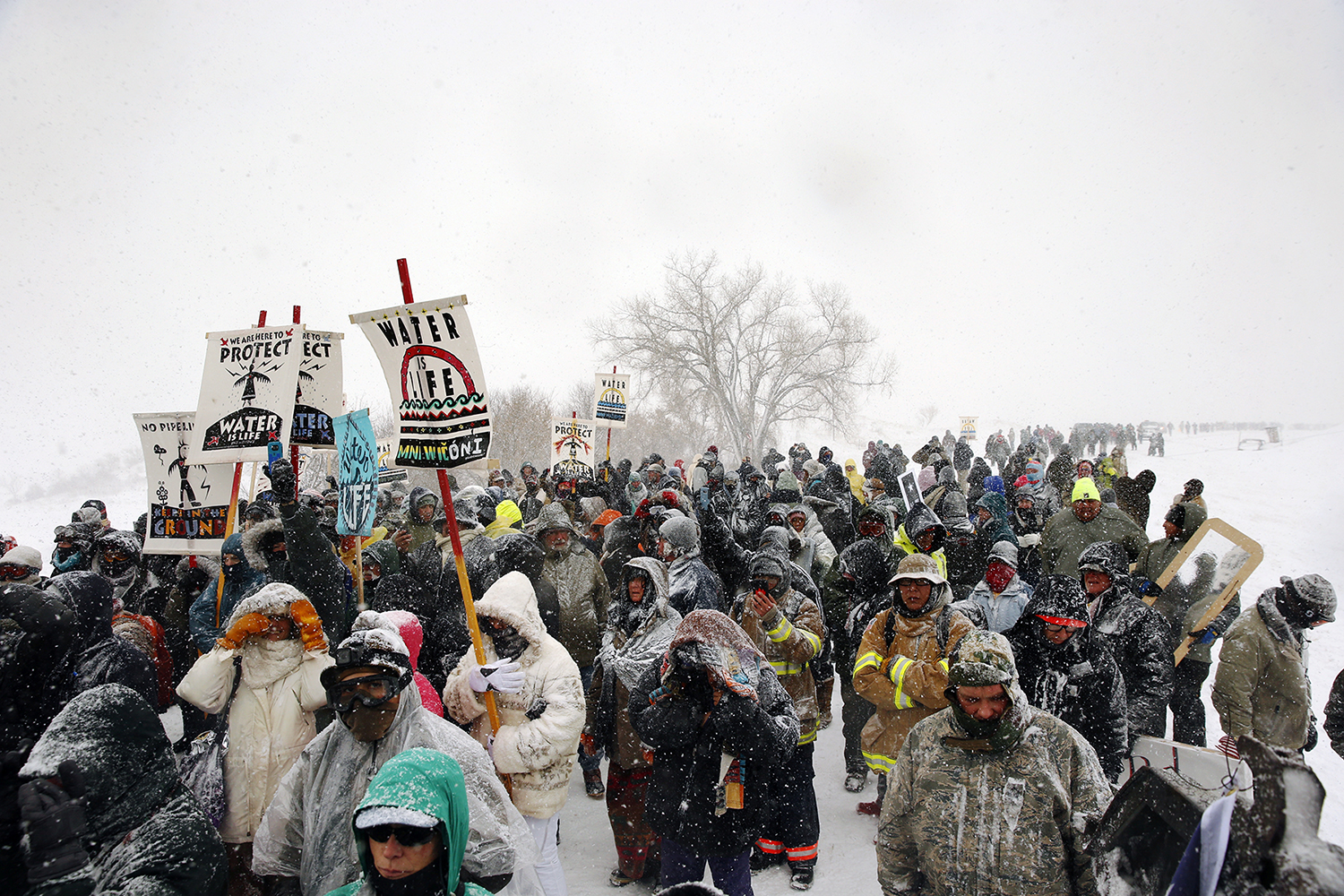In June, ABC settled a libel suit brought by Beef Products Inc. ABC had run a number of stories in 2012 about a product dubbed “pink slime,” a ground beef additive made from processed beef scraps. After broadcast of the stories, three out of four Beef Products plants making the product closed because of sharply declining consumer demand. ABC faced up to $6 billion in damages. The eventual settlement is estimated at $177 million but now insurer AIG and ABC parent company Disney are suing each other over a $25 million insurance reimbursement. For news, analysis, history & legal background read on.
News & Updates
October 27, 2017: Insurer AIG Balks at Disney’s $25 Million “Pink Slime” Insurance Claim
AIG is suing Disney stating that the Disney policy to cover defamation in the “Pink Slime” settlement would only have come into effect if Disney “had first found an outside lawyer to say the statements it planned to broadcast were acceptable.” Disney is suing to get the case to arbitration.
AIG Specialty Insurance Co. v American Broadcasting Companies Inc. et al.
August 9, 2017: Financial Disclosure Show Disney Paid $177 million (At Least) to Settle “Pink Slime” Lawsuit
A quarterly report indicates what it cost ABC parent, The Walt Disney Company, to close the case with Beef Products Inc. According to Reuters a footnote in the report indicates a charge of $177 million “in connection with settlement of litigation.”
Reuters Walt Disney Press ReleaseJune 28, 2017: ABC Settles “Pink Slime” Lawsuit
ABC reached an undisclosed settlement with Beef Products Inc. before what was expected to be an eight-week jury trial continued. ABC has not retracted or taken down the original report and stands by its research: “Although we have concluded that continued litigation of this case is not in the company’s interests, we remain committed to the vigorous pursuit of truth and the consumer’s right to know about the products they purchase.”
New York TimesMarch 14, 2017: ABC “Pink Slime” Lawsuit Goes to Court Over $1.9 Billion Claim
A ruling by a South Dakota judge means that a libel suit against ABC will go to trial, with the potential for triple damages that could reach nearly $6 billion. ABC aired its first of numerous stories on March 7, 2012.
Wall Street JournalMarch 7, 2012: First ABC “Pink Slime” Story
May 23, 2014: “Pink Slim” Beef Makes a Comeback
Lean finely textured beef, an ingredient made from processed beef scraps, is making a comeback after ABC reports two years earlier caused a severe slid in sales. So-called “pink slim” is an additive to ground beef.
Wall Street JournalMay 8, 2012: Plant Closures and Job Losses As “Pink Slime” Sales Sink
Beef Products, Inc. announced that it would close three of its four plants that process a ground beef additive known as “pink slime.”
September 13, 2012: Beef Products, Inc. Sues ABC
One of the manufacturers of lean finely textured beef announced it had filed a libel suit against ABC after its critical story about the product caused a major decline in sales.
Beef Products, Inc. et al v. American Broadcasting Companies, Inc.
History & Legal Cases
What is Libel?
Defamation, or libel, is a tort (a civil wrong) for which the aggrieved party may sue for money damages. There is no federal libel law. State libel laws are subject to the First Amendment limitations imposed by the Supreme Court.
In New York Times v. Sullivan (1964), the Supreme Court recognized that protection of reputation could impact the freedom of speech and press. To protect expression, the Court imposed constitutional rules that make it very difficult for a plaintiff to make a successful libel claim.
Defamation law requires the plaintiff to prove that a defamatory statement is false. Opinion and satire is constitutionally protected because it is not provably false and it cannot be reasonably interpreted as presenting actual facts.
State law provides some additional (and varying) protections for defendants, such as the privilege of fairly and accurately reporting defamatory information from public records and government proceedings.
A plaintiff must prove the following:
- Defamatory language: The communication must injure a person’s reputation, exposing him to hatred, ridicule, or contempt. Typical statements include accusations of crime, negative discussion of a person’s character, criticism of business practices, and disparagement of a commercial product.
- Harm, or damages: The defamatory statement must cause harm, such as to a person’s or corporation’s reputation or to their financial situation.
- Identification: The person must have been identified by name or is otherwise clearly identifiable.
- Published: The defamatory statement must be published or broadcast. Publication can be to just one person (other than the publisher and plaintiff), but libel actions typically involve mass communication.
- Falsity: Public officials and public figures must prove that the defamatory statement was false. Private persons must prove falsity when the defamatory statement involves a matter of public concern. Minor errors such as wrong dates or places are generally not considered substantial enough themselves to meet this standard of falsity as long as the overall statement is substantially true.
- Fault: Even false, defamatory statements are protected under the First Amendment unless the plaintiff can also prove that the statements were published with fault. Public officials and public figures must prove a very high level of fault—that the defendant knew it was false and published it anyway (intentional falsehood) or had a high degree of awareness of probable falsehood and published anyway (reckless disregard). By contrast, a private person must prove a lower level of fault that may vary depending on the state, but not less than negligence or carelessness. Given fault requirements, public officials and public figures have a difficult time winning a libel case; private persons, having to prove only careless false statements, have an easier time.
___
Is Pink Slime Agricultural Disparagement and Does this Violate the First Amendment?
Explaining the food disparagement law and the case of Beef Products, Inc. v. ABC. Do food disparagement laws violate the First Amendment?
Drake Journal of Agricultural Law Environmental Law ReviewAnalysis & Opinion
March 14, 2017: An Explanation of Food-Libel Law in Wake of Pink Slime Case
Food disparagement laws in more than a dozen states make it easier for companies to prevail in libel suits over reports questioning the safety of food products.
Wall Street JournalTags



